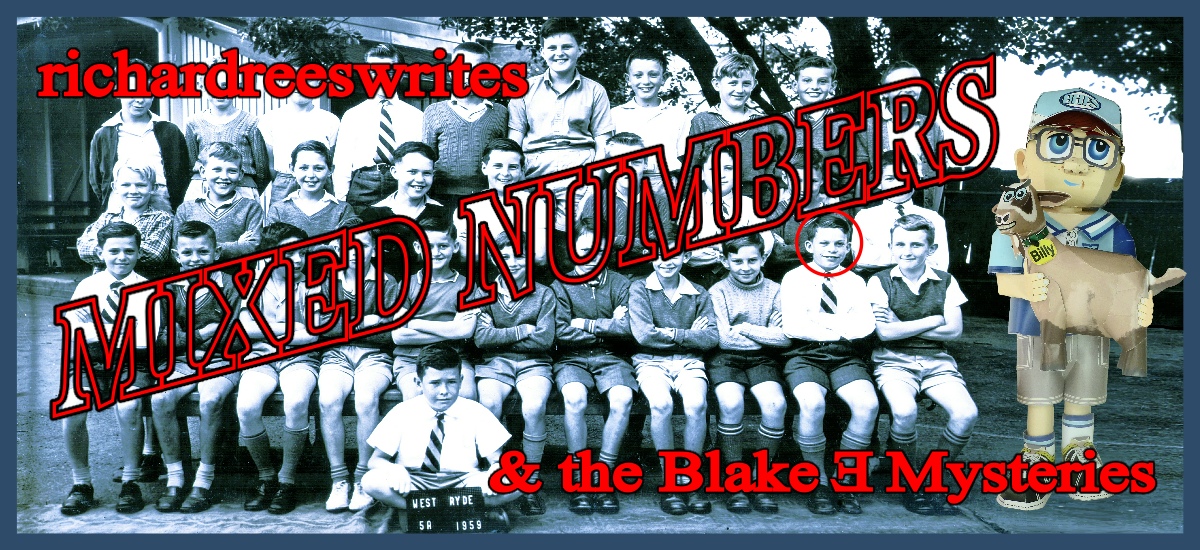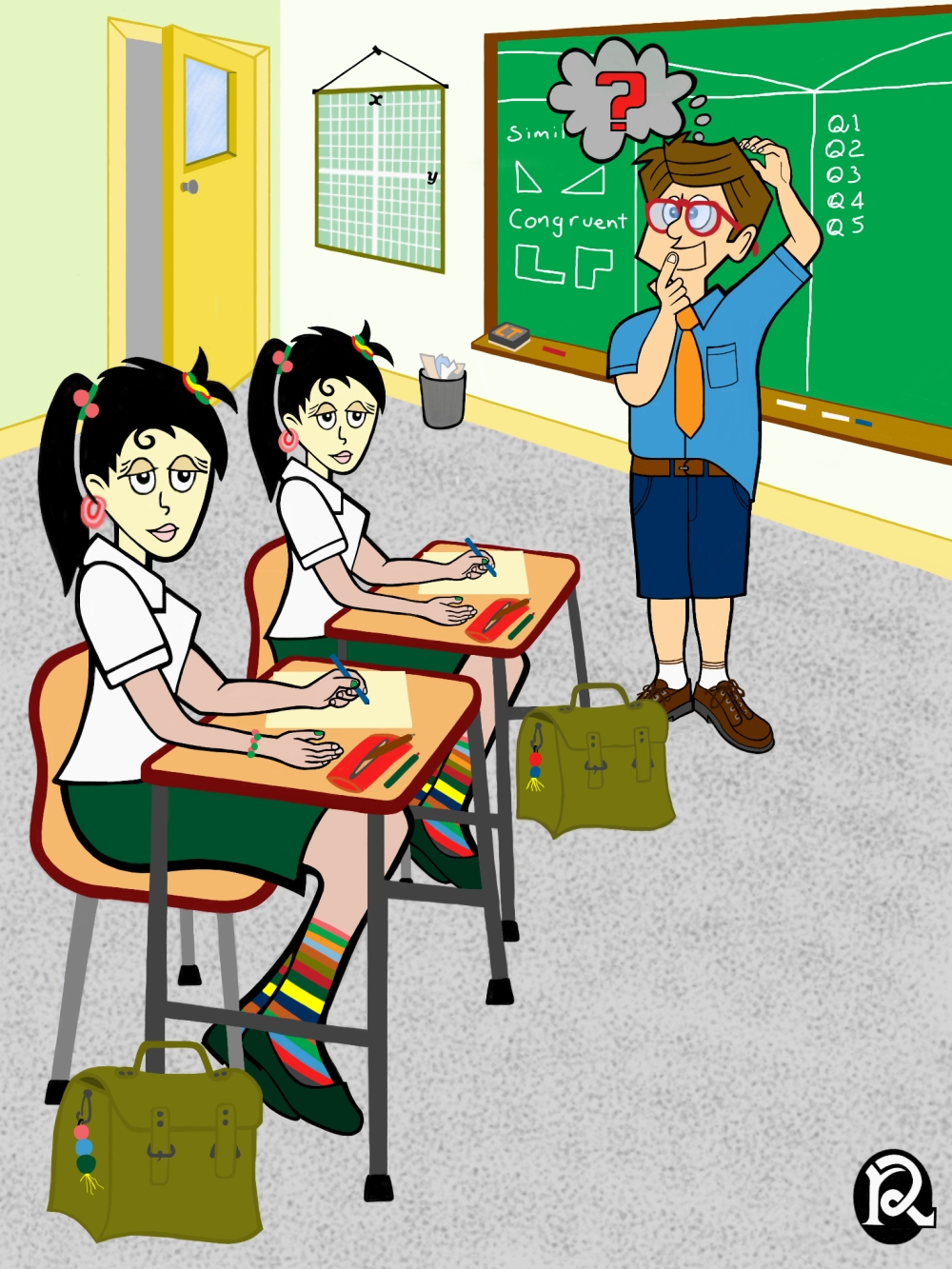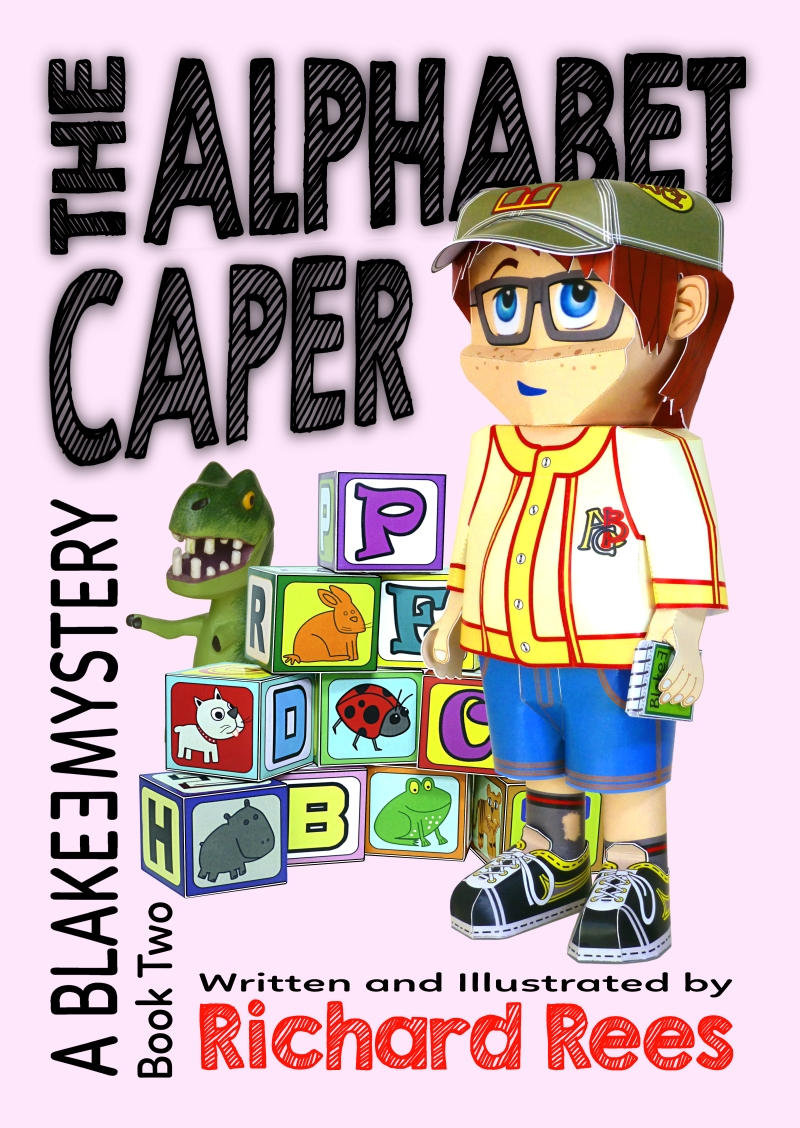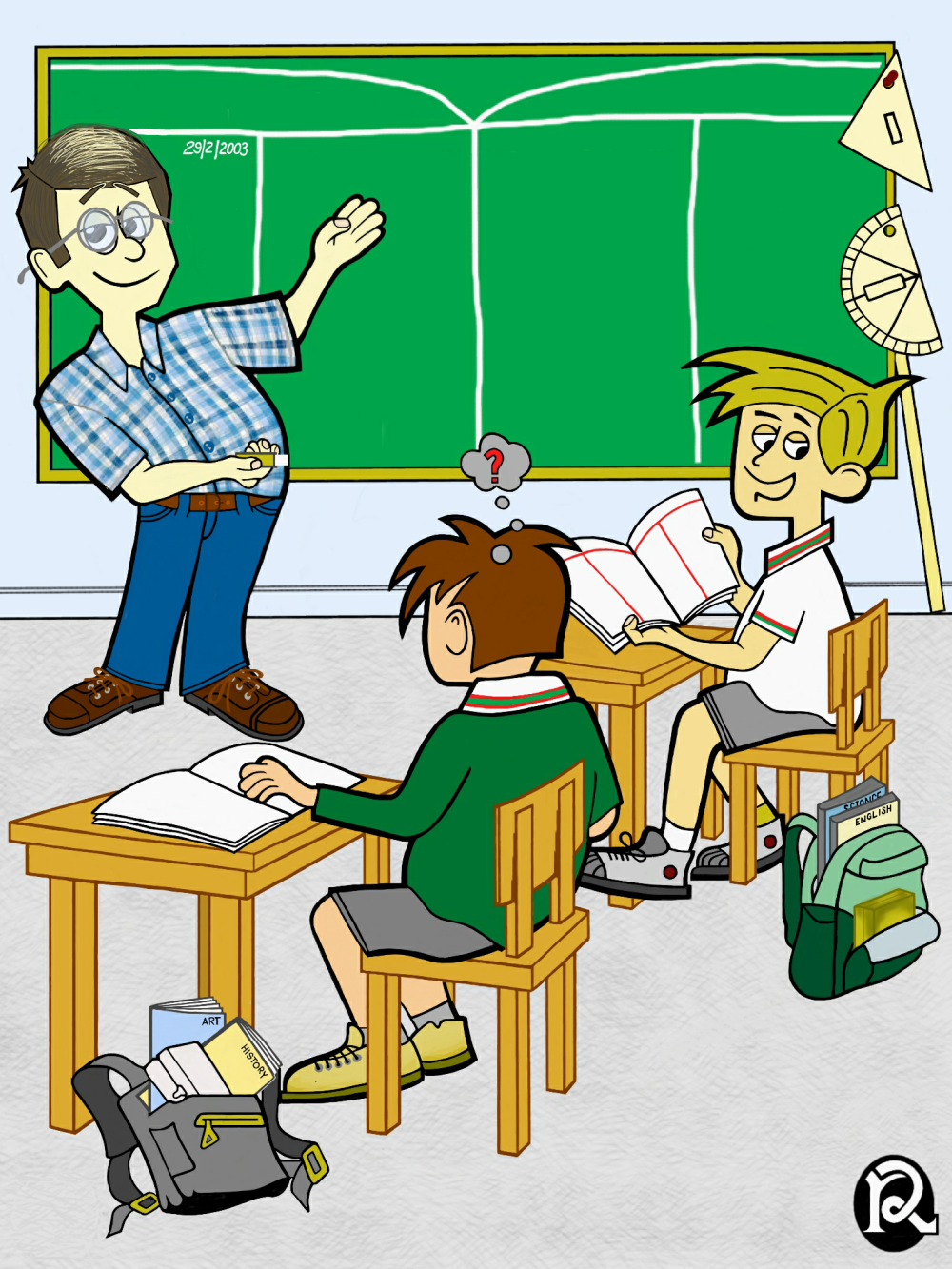My TARDIS Trip
 Today, a Time and Relative Dimension in Space machine has transported me back over five decades to the late sixties to revisit three life-changing events.
Today, a Time and Relative Dimension in Space machine has transported me back over five decades to the late sixties to revisit three life-changing events.
I met Bob in 1968 following my posting to the Riverina town of Hay (Australia). Although a teacher colleague, Bob lived further west: Primary trained, his posting lay 321 miles downstream in the village of Maude. To quote AB Patterson, his school stood: ‘On a road never cross’d ‘cept by folk that are lost’2. OK, that’s not one-hundred-per cent factual but, ‘tis true, if I taught in the bush, then Bob taught in the sticks.
Allow me to paint the scene: Hay’s population numbered around three-thousand-plus, but the whistle stop of Maude boasted thirty: that is, according to Bob. My town provided residents with a street chockablock with shopping opportunities but Bob lived in the pub amid a handful of dwellings. Unlike the hiccups of Murrungrung and Murragi, Bob’s backyard did ‘get a guernsey’3, courtesy of the nearby dam. The ABC4 announced the river height daily—Maude weir upstream, Maude weir downstream.
Bob schooled a score of students ranging from kindergarten to grade six in a single room while the handful of teenagers in the area travelled by bus daily and schooled in Hay. Sadly, Bob’s building closed in the eighties: a family of seven moved into town, rendering this educational facility unviable.
Now, close your eyes and listen as a wheezing, groaning noise followed by unmistakable ‘vworps’ fades us back to 1969 and three life-changing events.
Yes, in Bob’s microcosm, July twenty-one 1969 marked a defining moment. The local petrol-powered generators fell silent as 240 volts of grid electricity powered its presence into the lives of Maude residents. Despite this technological turning point, however, celebrations went unnoticed by the average Aussie because another watershed event overshadowed Maude’s memorable milestone. Believe it or not, on the same day: ‘The world all stopped to watch, on a July afternoon, Watched a man named Armstrong walk upon the moon’5.
And life-changing event number three you ask? Five days later, a young teacher, conscripted to the Armed Forces and staring down the barrel of a posting to the jungles of Vietnam, having plighted his troth, walked her down the aisle.
Now fade back to 2024. Fifty-five years have passed and Maude, whose population has increased sixfold, takes grid power for granted. Moon landings also increased sixfold with the last visit in December ’72.
And of the greatest importance, my soulmate endures.
‘Yes, the TARDIS is dimensionally transcendental; it’s bigger inside than out.’ Dr Who (1963?-) Humanoid
1 Australian road markers did not become metric until 1974: 32 miles equals fifty-five kilometres.
2 Andrew Barton ‘Banjo’ Patterson (1864-1941) poet, solicitor, journalist, war correspondent: A Bush Christening.
3 ‘get a guernsey’ is an informal saying in Australia that means to be selected or gain recognition for something.
4 ABC: Australian Broadcasting Corporation
5 John Coburn Stewart (1939-2008): American songwriter and singer: Armstrong. This song was covered by Reg Lindsay OAM (1929-2008): Australian country music songwriter and singer.





 Twelve . . . twelve . . . twelve. Reminds me of Geoff, from Year 7 back in the seventies, who had the coolest pronunciation for “twelve”.
Twelve . . . twelve . . . twelve. Reminds me of Geoff, from Year 7 back in the seventies, who had the coolest pronunciation for “twelve”.


